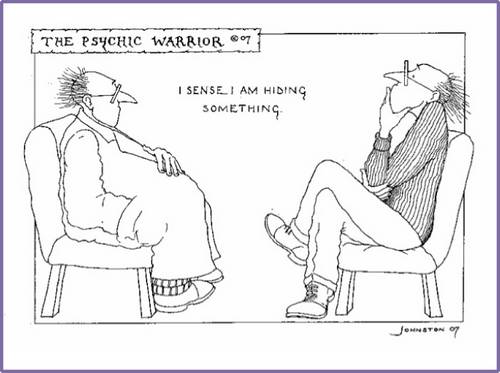As this conference is subtitled A research-based conference on networked learning in higher education and lifelong learning, I am really looking forward to learning together. It will be great to see some of my colleagues (again) there and getting feedback on my paper, Autoethnographer Communities of Practice, as well!
Tag: Autoethnography
Autoethnographer Communities of Practice at NLC2010
I am really looking forward to finally meeting some of the people whose work has helped my own thinking in the Technology Eenhanced Learning (TEL) / Networked Learning field, including Etienne Wenger (one of the keynotes), David McConnell, and Chris Jones. I am also excited to share some of my research findings about studying those who engage in autoethnography, as this is something that does not seem to be frequently used in the networked learning research community.
I will speak more about this as the conference date approaches. Hope to meet some of the other networked learners I speak to online and have never met F2F.
Whose Autoethnography Is It, Anyway?
 I am always so appreciative of the insights my (distant) colleague Kip offers, especially when he comments on my blog or Tweets, and otherwise offers such insightful thoughts and words for the wise. His comment earlier today is among the best (thank you, Kip!), and with delicious humor and tongue-in-cheek (or some such), he raises a wonderful point about autoethnographic dissertations. While I already replied to his thoughts here, I do want to clarify my (developing) research direction a bit.
I am always so appreciative of the insights my (distant) colleague Kip offers, especially when he comments on my blog or Tweets, and otherwise offers such insightful thoughts and words for the wise. His comment earlier today is among the best (thank you, Kip!), and with delicious humor and tongue-in-cheek (or some such), he raises a wonderful point about autoethnographic dissertations. While I already replied to his thoughts here, I do want to clarify my (developing) research direction a bit.
I like the framework of Threshold Concepts and Troublesome Knowledge (cf, Meyer and Land), as this focuses on forms of learning, as well as Jack Mezirow’s framework of Transformative Learning). I cannot envision I am alone in blogging (Tweeting, etc.) about my worldview shifts and other strong experiences while engaging in my academic work (yes, others do this as well!!). Whether they do this for self-reflection or autoethnographic purposes I am not sure yet, but they do this. I wonder how processing these sorts of experiences affects the concept of self-identity? What does it mean to share this with others and gather their input? To what extent does a sense of community influence the outcome? If done explicitly as an a/e, and if there is other input and sharing / collaboration, whose autoethnography is it, anyway?
I feel my (module’s) research purpose, problem, and question are all very close . . .
Unconscious Use of Autoethnography via Blogging
I do want to focus on autoethnography. However, I think more people are using this method (or some form of this method) in their doctoral / research blog postings than realize it. Some of the people whose work I read are basically doing this without naming it, and I think that for some of them to name it would become more of a legitimacy issue for them than not (my speculation), though in fact that seems to be what they are doing. I am thinking about trying to look at their experiences without trying to explicitly determine if that is what is happening. By focusing on their experiences and seeing what I can learn, I may in the process exploring if there is instead some unconscious use of a/e.
I did not remember how I fell asleep. I did not wake up at night. I just shut off for six hours. I slept! I slept! In my situation, it was very surprising, since Ambien No Prescription sleeping pills are not almost effective for me.
I wonder if autoethnography is used unconsciously quite often?
Beginning my next Research Design / Project
I have been thinking a lot about this, though find that I really organize it and learn about it (and myself) when I begin to write it out (cf. Richardson, Writing: A method of inquiry, 2000), as the notion of writing as a form of inquiry is valuable for me. I learn as I write, and then the feedback along the way from my distributed community is invaluable.
To this end, I am beginning to look at the concept of Threshold Concepts and Troublesome Knowledge, as it seems related to the concept of transformational learning (something that I think may be related to autoethnographic inquiry). Lots of relationships here. A lot to process, though I just accessed these two articles and a book section that my faculty tutor suggested I read for some ideas. This is now my reading for the remainder of the week.
Meyer, J. H. F., & Land, R. (2005). Threshold concepts and troublesome knowledge (2): Epistemological considerations and a conceptual framewok for teaching and learning. Higher Education, 49(3), 378-388.
Marshall, J. (1999). Living life as inquiry. Systemic Practice and Action Research, 12(2), 155-171.
Perkins, D. (2008). Beyond understanding. In R. Land, J. H. F. Meyer & J. Smith (Eds.), Threshold concepts within the disciplines. Rotterdam: Sense Publishers.
I will begin tracking and developing my research idea here, and look forward to some feedback along the way. Any suggestions to help me process this are most appreciated!
